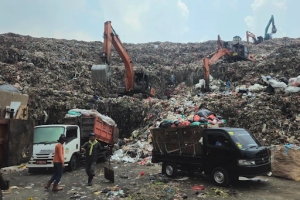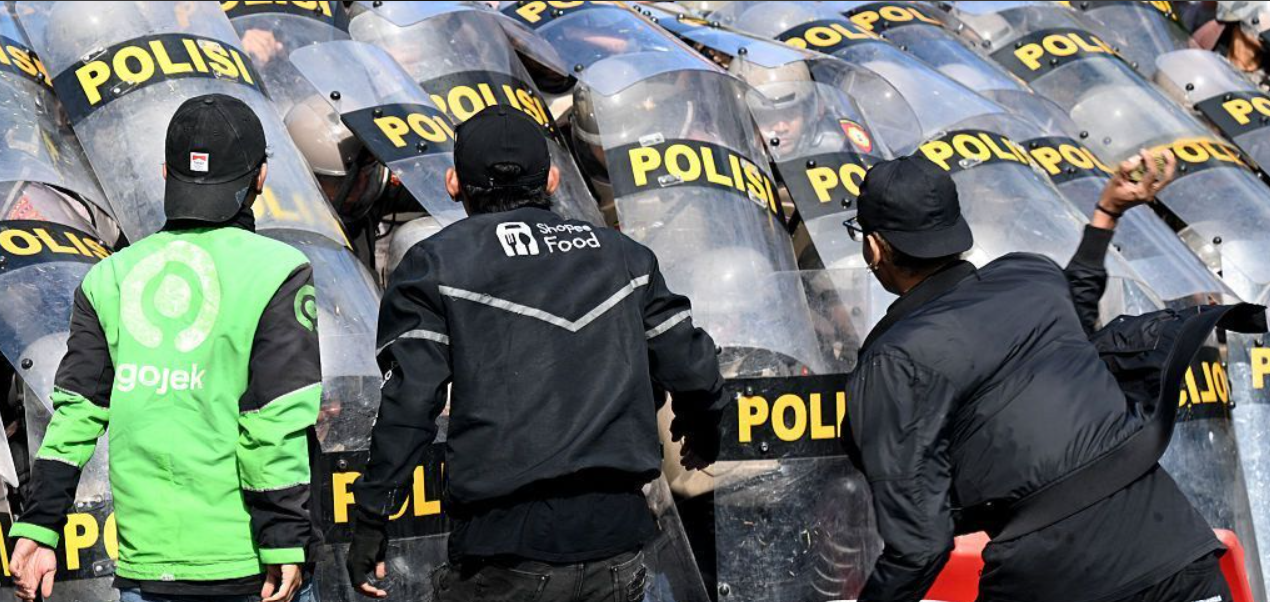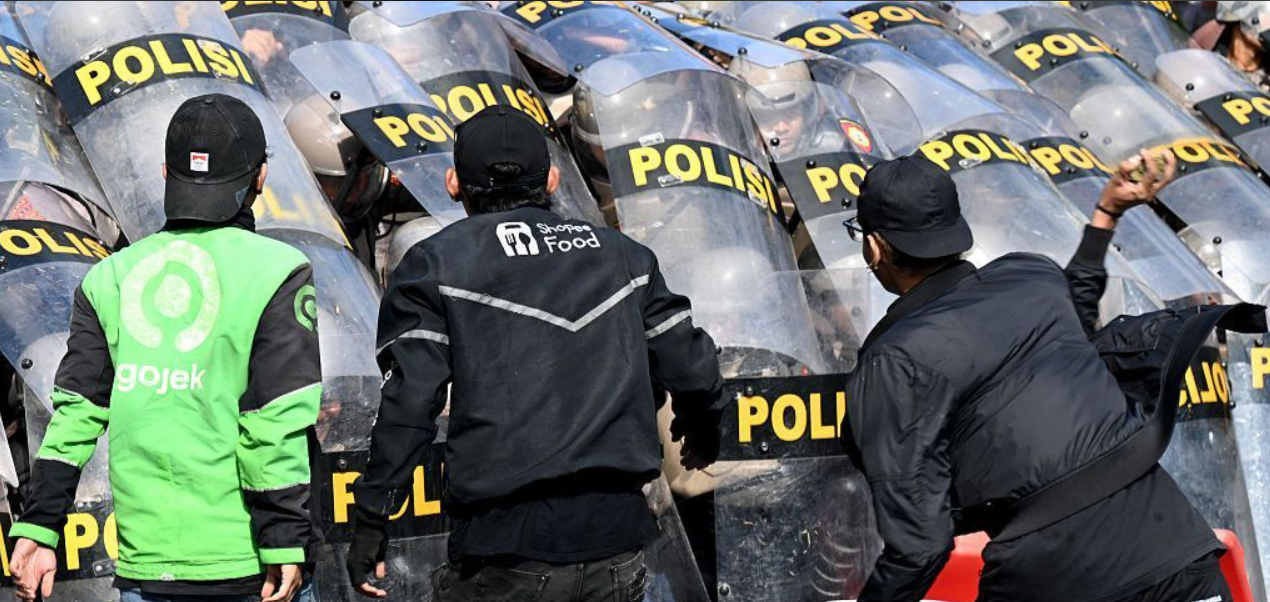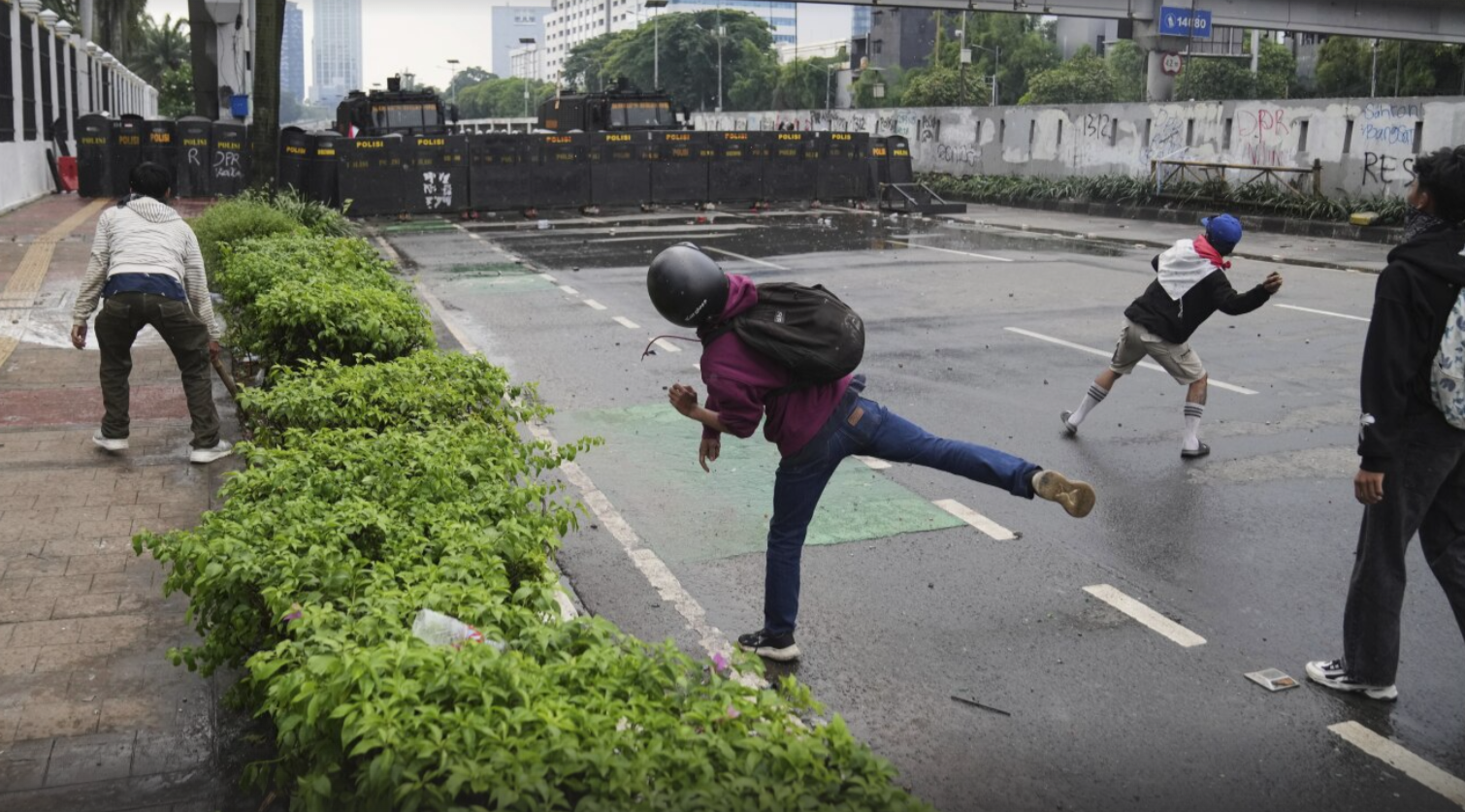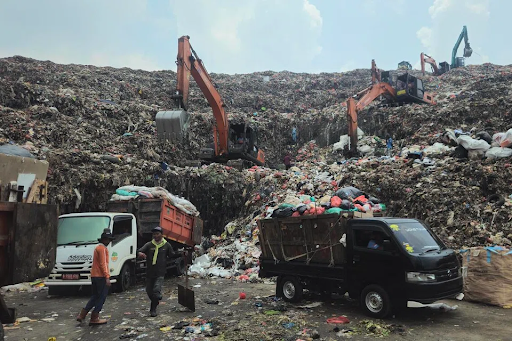The recent wave of Indonesia protests and Jakarta riots has captured global attention, highlighting deep-rooted frustrations with political privilege, economic hardship, and government accountability. As demonstrators clash with security forces and President Prabowo Subianto faces mounting pressure, Indonesia stands at a critical crossroads. This blog explores the latest developments, causes, and responses surrounding the 2025 Indonesian riots, with a focus on what they mean for the country’s future.
What Sparked the Indonesia Protests?
The current Indonesia protests began on August 29, 2025, after a motorcycle taxi driver was killed in Jakarta in a collision with a police vehicle. The incident quickly spread across social media, igniting public outrage and mobilising thousands of Indonesians to demand justice and broader reforms. What started as a call for accountability soon evolved into mass demonstrations against government corruption, excessive parliamentary perks, and the rising cost of living.
How Did the Jakarta Riots Escalate?
By August 31, 2025, the Jakarta riots had intensified. Protesters set vehicles on fire, blocked major roads, and clashed with police in some of the most severe unrest Indonesia has seen in decades. According to Al Jazeera, at least five people have died and dozens more have been injured, with hundreds arrested as authorities attempt to restore order.
The violence quickly spread from Jakarta to other major cities such as Surabaya and Medan, reflecting widespread dissatisfaction. The Straits Times reported that the unrest has unsettled financial markets, causing the Indonesian stock market to drop more than 3% when trading opened on Monday, September 1.
What Are the Main Demands of the Protesters?
At the heart of the Indonesia protests is anger over what many describe as “excessive” pay and housing allowances for parliamentarians. Social media has been flooded with images of luxury vehicles and lavish homes owned by lawmakers, fuelling demands for an end to government excess and greater transparency.
On August 30, 2025, President Prabowo Subianto became the focal point of these demands. Protesters called not only for justice for the deceased driver but also for sweeping reforms to address corruption and inequality. The BBC and The Guardian both highlight that public frustration has reached a boiling point, with many Indonesians demanding the removal of parliamentary perks and a redirection of funds to social welfare.
How Has Prabowo Subianto Responded?
Facing mounting pressure, President Prabowo Subianto delivered a national address on August 31, 2025, announcing that he would scrap lawmakers’ perks, including a controversial $3,000 monthly housing allowance. “We hear your voices. We will act,” he stated, promising a full review of parliamentary benefits and a commitment to redirect funds to programs that benefit ordinary Indonesians (AP News).
While some protest leaders welcomed these concessions, many remain sceptical, citing past promises that were not fulfilled. The New York Times notes that the government’s credibility is at stake, and further unrest is possible if reforms are not enacted swiftly.
What Is the Situation on the Ground?
As of September 1, 2025, Indonesian authorities have deployed riot police throughout Jakarta, establishing checkpoints and increasing patrols in the city centre. Several protest groups have temporarily delayed further demonstrations, citing heightened security, but have made it clear that rallies will resume if real reforms are not implemented.
Social media continues to play a critical role, with hashtags like #Reformasi2025 and #JusticeForOjol trending nationwide. Videos and images of the Jakarta riots are being shared widely, keeping both national and international attention focused on the situation.
International Reactions and Human Rights Concerns
The scale and intensity of the Indonesia protests have drawn international attention. Human rights organisations have raised concerns about press freedom and the use of force by security personnel. Several journalists have reported being detained or harassed while covering the Jakarta riots, prompting calls for the government to respect the right to peaceful assembly and protect all citizens (Channel NewsAsia).
What’s Next for Indonesia?
The coming days will be crucial for Indonesia’s future. President Prabowo Subianto’s decision to cut parliamentary perks is seen as a positive step, but many Indonesians are demanding deeper, systemic reforms to address corruption, inequality, and police accountability. The world is watching closely as the situation unfolds, hoping for a peaceful resolution and meaningful change.
Conclusion
The 2025 Indonesia protests and Jakarta riots underscore the urgent need for political reform and greater accountability. As President Prabowo Subianto responds to public demands, the direction Indonesia takes will shape its democracy for years to come. For ongoing updates and in-depth analysis, follow reputable news outlets and stay informed about the latest developments.
Top Keywords: Indonesia protests, Jakarta riots, Prabowo Subianto
Sources:
For more on Southeast Asian current affairs, check out our latest news section and follow us on social media for real-time updates.


